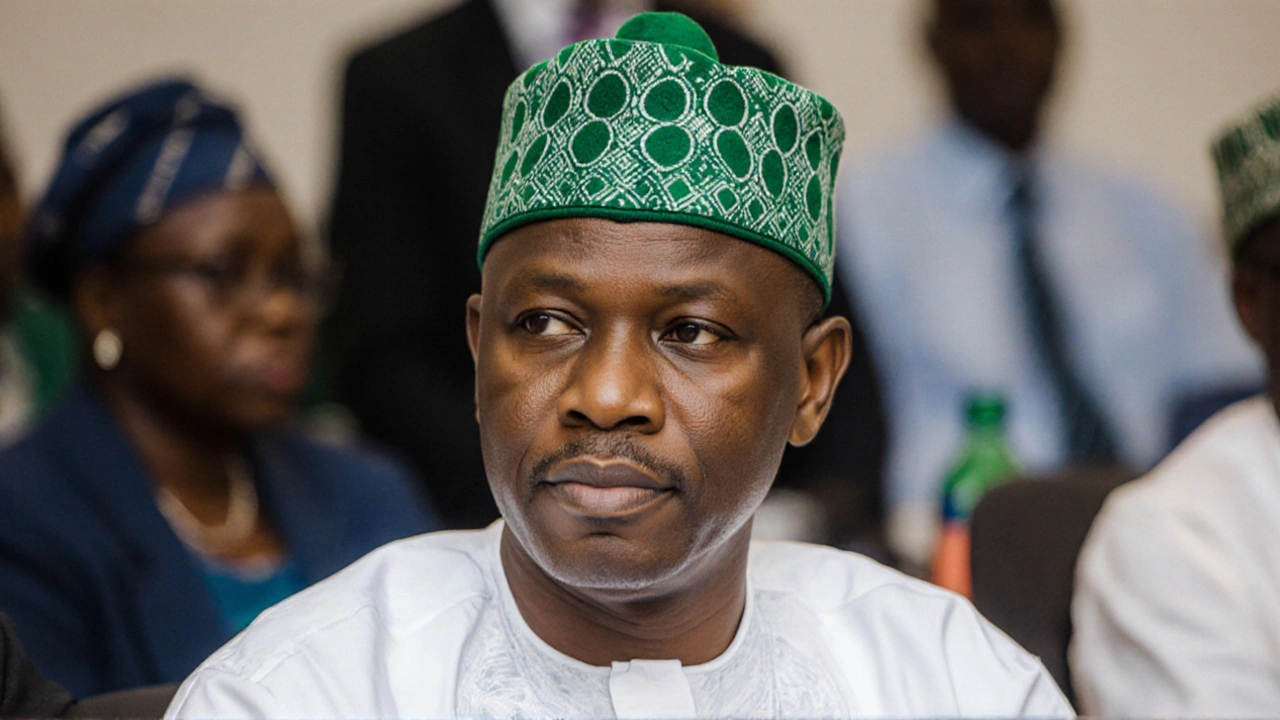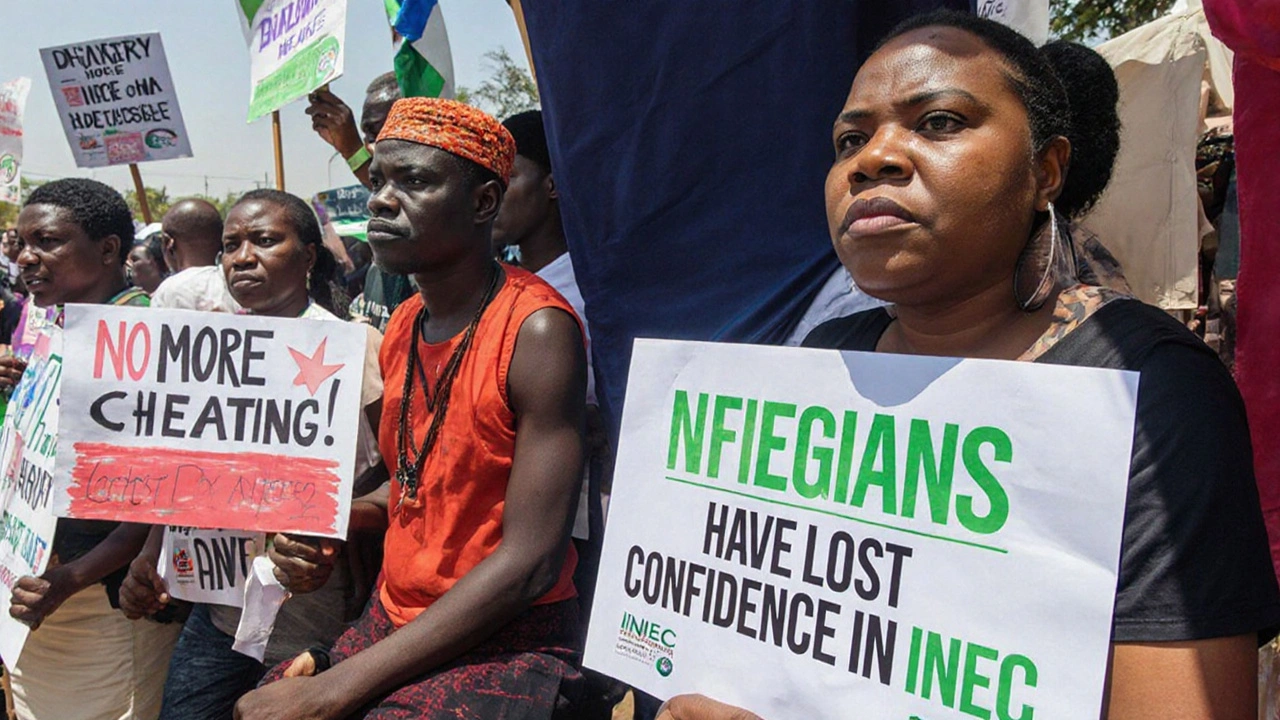INEC Chairman Succession: NPSA Calls for Low‑Key Successor as Yakubu Nears Exit

Yakubu’s decade at the helm
Professor Mahmood Yakubu entered the Independent National Electoral Commission (INEC) in 2015, clinching the maximum two‑term allowance that lets him serve for ten years. During that span he supervised the 2019 and 2023 general elections, making him the longest‑serving INEC chairman since the nation returned to civilian rule in 1999. His tenure has been a mixed bag: supporters praise smoother logistical arrangements, while critics point to lingering disputes over vote tallying and allegations of bias.
As October 2025 approaches, the spotlight shifts to the inevitable hand‑over. The transition is more than a bureaucratic shuffle; it’s a cornerstone for the legitimacy of the 2027 elections, especially with President Bola Tinubu likely seeking a second term.

What the NPSA wants from the next chair
The Nigeria Political Science Association (NPSA) has weighed in, urging that the successor "talk less" than Yakubu. According to the NPSA president, a quieter chair would help restore public confidence in INEC’s impartiality.
- Low‑profile communication: Limit public statements that could be interpreted as partisan.
- Technical competence: Deep understanding of electoral law and digital voting tools.
- Integrity record: A clear track record free from controversies or allegations of favoritism.
- Collaboration skills: Ability to work with parties, civil society, and international observers without appearing to favour any side.
The emphasis on “talk less” is not about silencing the commission but about curbing the perception that the chair can sway outcomes through rhetoric. In a country where electoral rumors spread quickly, a restrained voice might dampen speculation and keep the focus on the process, not the personality.
Speculation about Yakubu’s status has already sparked a wave of misinformation. The presidency publicly dismissed rumors of his dismissal, while other outlets hinted at a directive for Yakubu to go on terminal leave. No official confirmation has emerged, leaving the political arena buzzing with conjecture.
Analysts note that the eventual appointment will be a litmus test for President Tinubu’s own commitment to a level playing field. If the new chair is seen as an extension of the current administration, opposition parties and watchdog groups could challenge the credibility of the 2027 vote, potentially leading to legal battles and street protests.
Stakeholders across the spectrum—political parties, civil society groups, and international partners—are watching the selection process closely. Their collective expectation: a successor who can steer INEC through the next electoral cycle with transparency, efficiency, and, most importantly, a perceived independence that reassures the Nigerian electorate.

Angie Ponce
September 28, 2025 AT 03:24And while we’re at it, why is no one asking if the next chair will actually be independent? Or if they’re just another Tinubu loyalist in a fancy suit?
Andrew Malick
September 29, 2025 AT 16:30Also, 'talk less' is a euphemism for 'don’t challenge the status quo.' That’s not reform. That’s compliance.
will haley
September 29, 2025 AT 18:32They’re not looking for a leader. They’re looking for a ghost.
Laura Hordern
October 1, 2025 AT 06:32And honestly? The whole 'talk less' thing feels like a cultural misunderstanding. In Nigeria, where misinformation spreads faster than Lagos traffic, silence doesn’t mean calm-it means vacuum. And guess what fills vacuums? Rumors. Conspiracy theories. Fake tally sheets on WhatsApp groups. Someone has to speak, even if it’s just to say 'this is what we saw.'
Brittany Vacca
October 2, 2025 AT 03:38Lucille Nowakoski
October 3, 2025 AT 14:23Also, if we want real change, we need to invest in tech infrastructure-biometric verification, blockchain-backed results, independent audit panels. No amount of silence fixes a broken system.